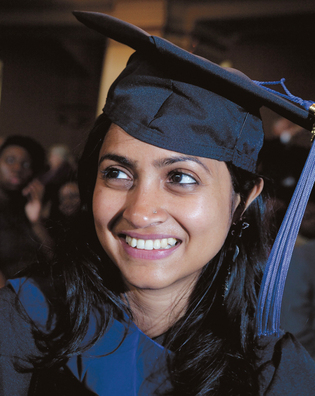 loading
loading
First person Mark OstowView full imageRadhika GovindrajanDelhi, India What did you study? I studied human-animal relations: I was interested in seeing how people’s interactions with animals shape the ways in which they think about questions of regional and religious identity, and questions about rural development. And I’m interested in how humans and animals shape each other into who they are and who they become. How did you get interested in this? I studied colonial wildlife conservation in India. From there I became interested in how I could take those questions into a more contemporary period and think about people’s relationships with animals in the context of state policies and policies of rural development. Can you give an example? Sure. I studied human-wildlife conflict. There is tremendous crop raiding by wild animals in the region that I worked in [the Indian Himalayas]. And animals often attack livestock. But Indian state conservation laws don’t allow you to kill animals unless you have a special permit, which is very hard to get. And so I’m interested in how people live their lives at that intersection—where they have to live with animals all the time, but the state regulates their interactions with these animals. Would you like to have any unusual pets? I want goats. I like goats. Govindrajan won a Theron Rockwell Field Prize for her dissertation, Beastly Intimacies: Human-Animal Relations in India’s Central Himalayas.
|
|